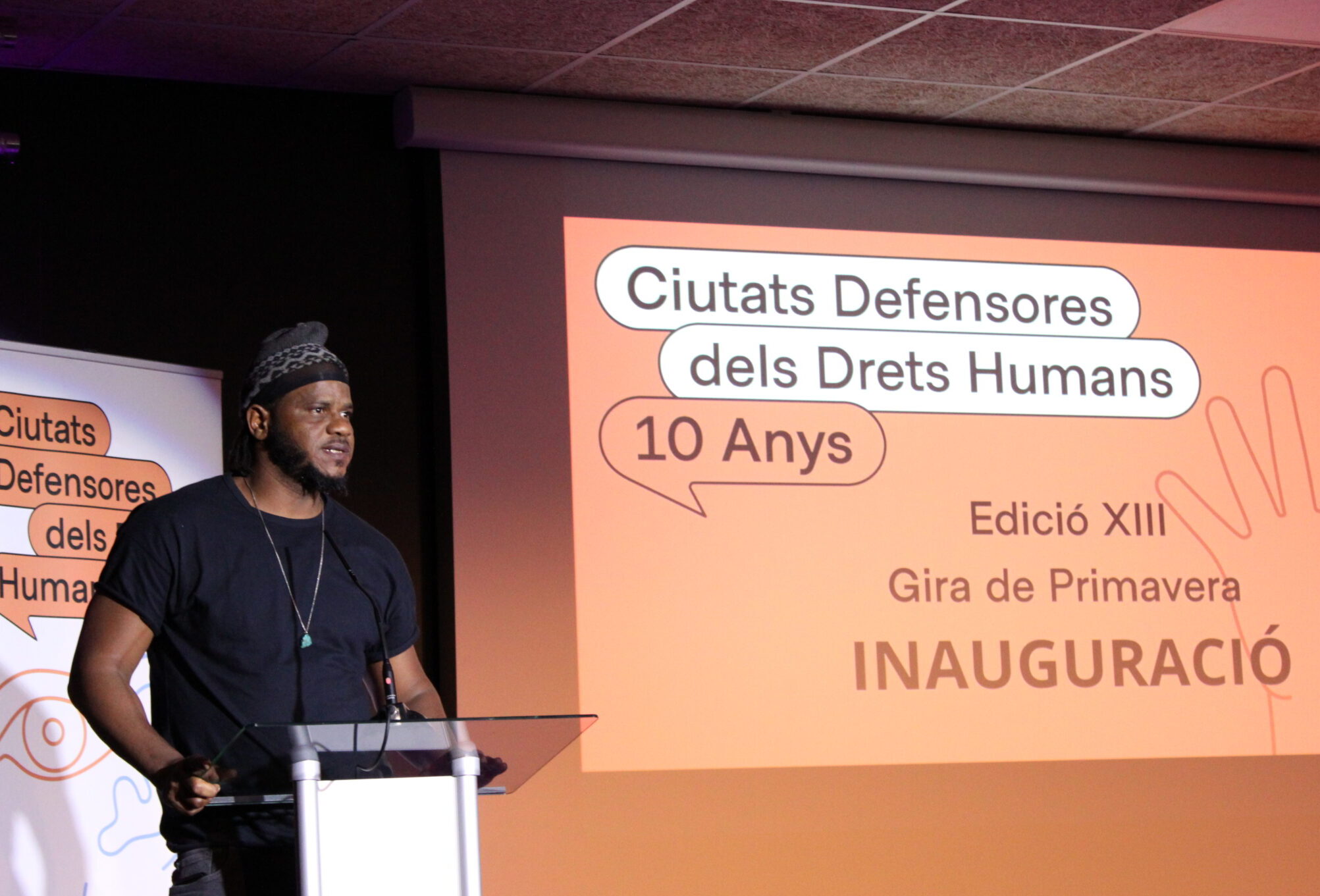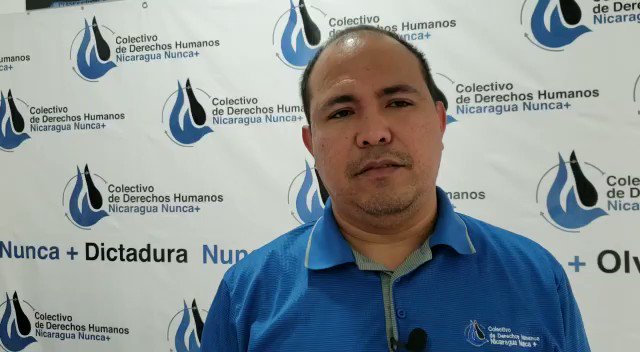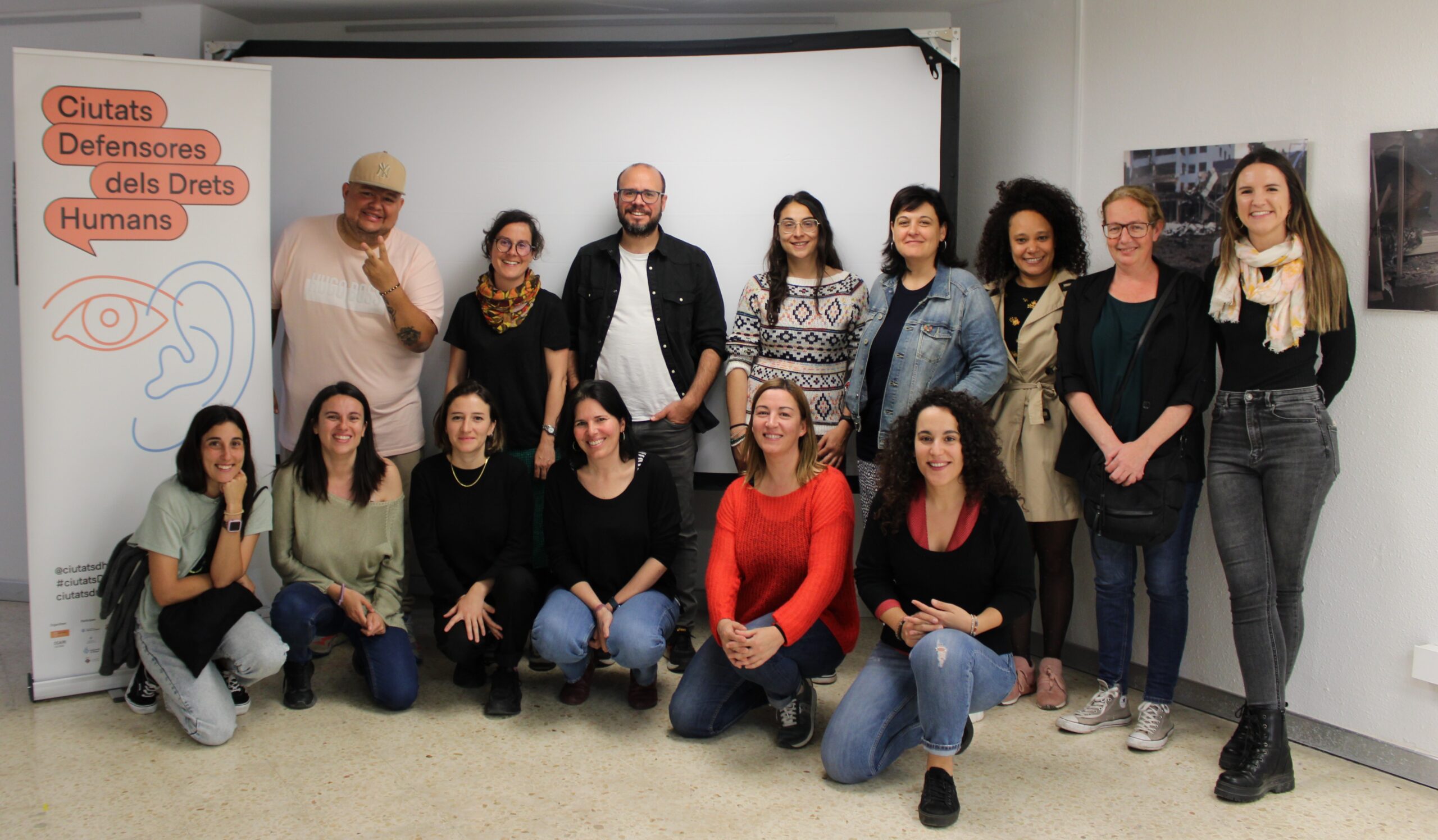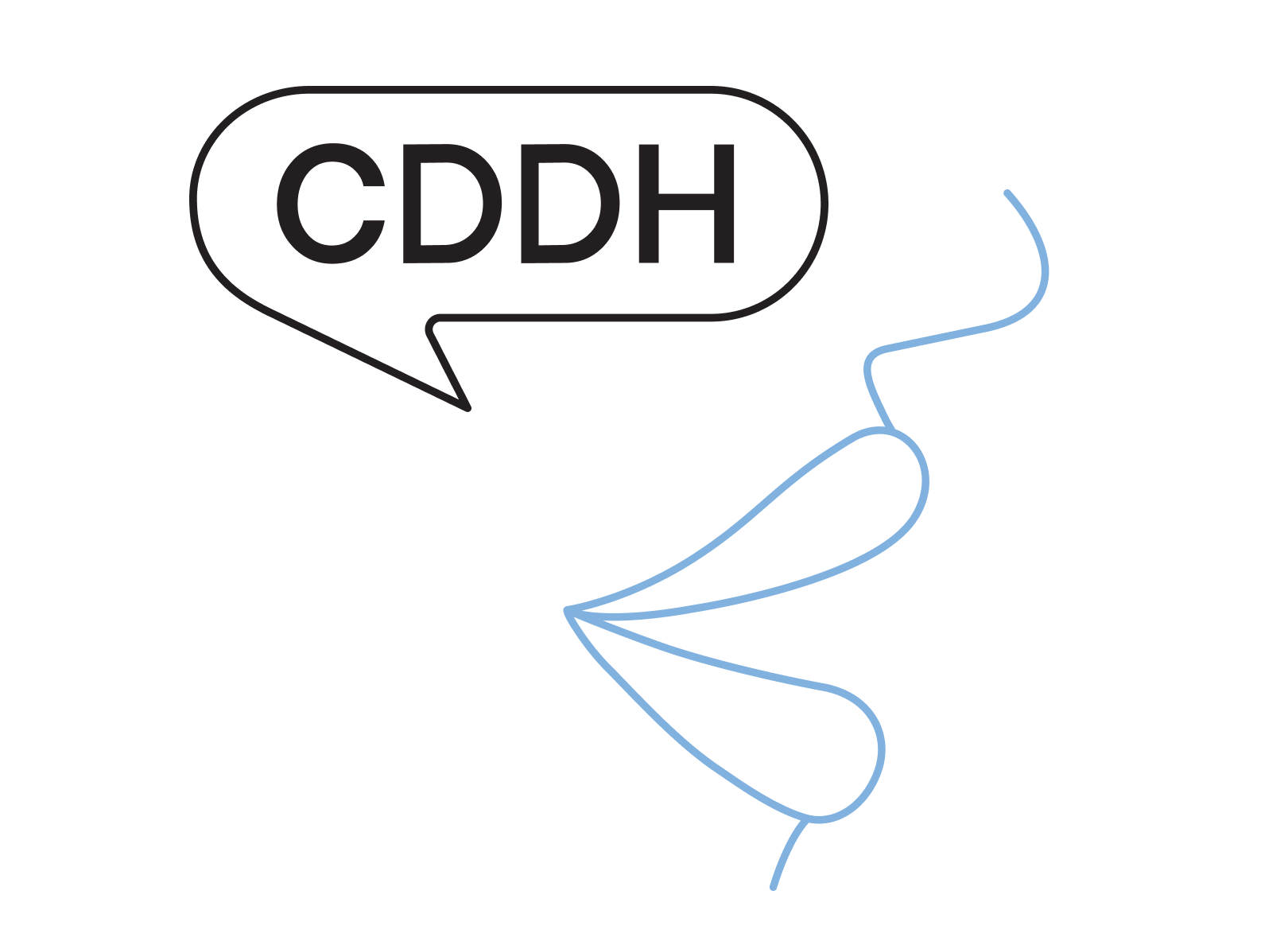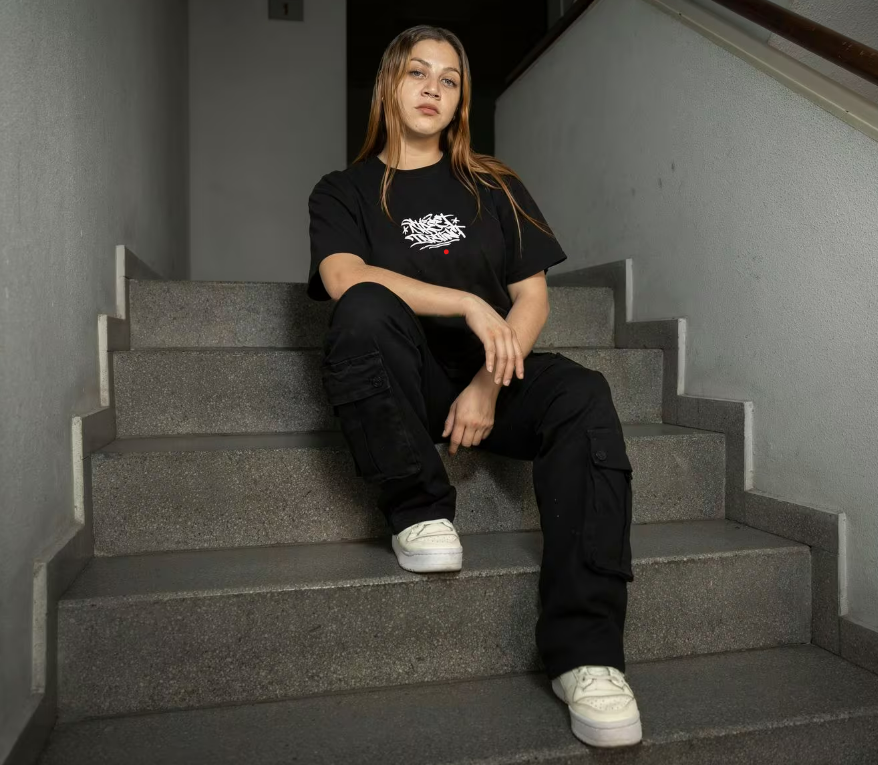The Comuna 13, a municipality of Medellín, is today a cultural laboratory and a space for art and memory. The transformation of the Comuna, which a little over twenty years ago was the stage of the so-called Operation Orion, an incursion by the Armed Forces that shook civil society, causing violence and deaths, is the result of the resilient work of its inhabitants, who have built peace from the neighbourhoods, from education and from culture.
Human rights defender, artist and cultural manager, Jeihhco, pseudonym of Jeison Castaño, is actor of change. He participated in the autumn tour of the “Cities Defending Human Rights” project in 2016 and, on the occasion of his visit to Barcelona last May, we caught up with him to ask him about his project and his activism in Colombia.
Casa Kolacho and the Graffitour
Jeihhco builds and channels his activism from Casa Kolacho, a cultural centre in Comuna 13, where, together with his collaborators, he builds social change and empowerment of the population through workshops that cover the four branches ofhip hop: rap, graffiti, breaking and DJing.
The Colombian activist tells us that in the last nineteen years 3500 people of all ages have had the opportunity to learn in this house, in this school, which has been consolidating itself as a breeding ground of artists who interprethip hop as a political art, committed to the memory of Comuna 13 and Medellín and to activism and critical thinking. At the Casa Kolacho school, says Jeihhco, hip hop is taught in a holistic way, practicing freestyle but also reflecting on Martin Luther King.
One of the projects that the Colombian activist is most proud of is the Graffitour, a route designed in 2011 together with the graffiti artist El perro that goes through the corners of the Comuna and, through graffiti and hip hop, narrates its history, spreading information about the events of 2002, the Operation Orion, and about the values that through this urban museum they want to disseminat in the Comuna today: inclusion, community, participation and diversity.
Jeihhco explains that through the tour, not only have they been able to carry out activities of political advocacy, denunciation and reconstruction of memory, but also job opportunities have arisen as tourist guides, thanks to the training provided by Casa Kolacho. Today, 7 of the 12 Graffitour guides are women.
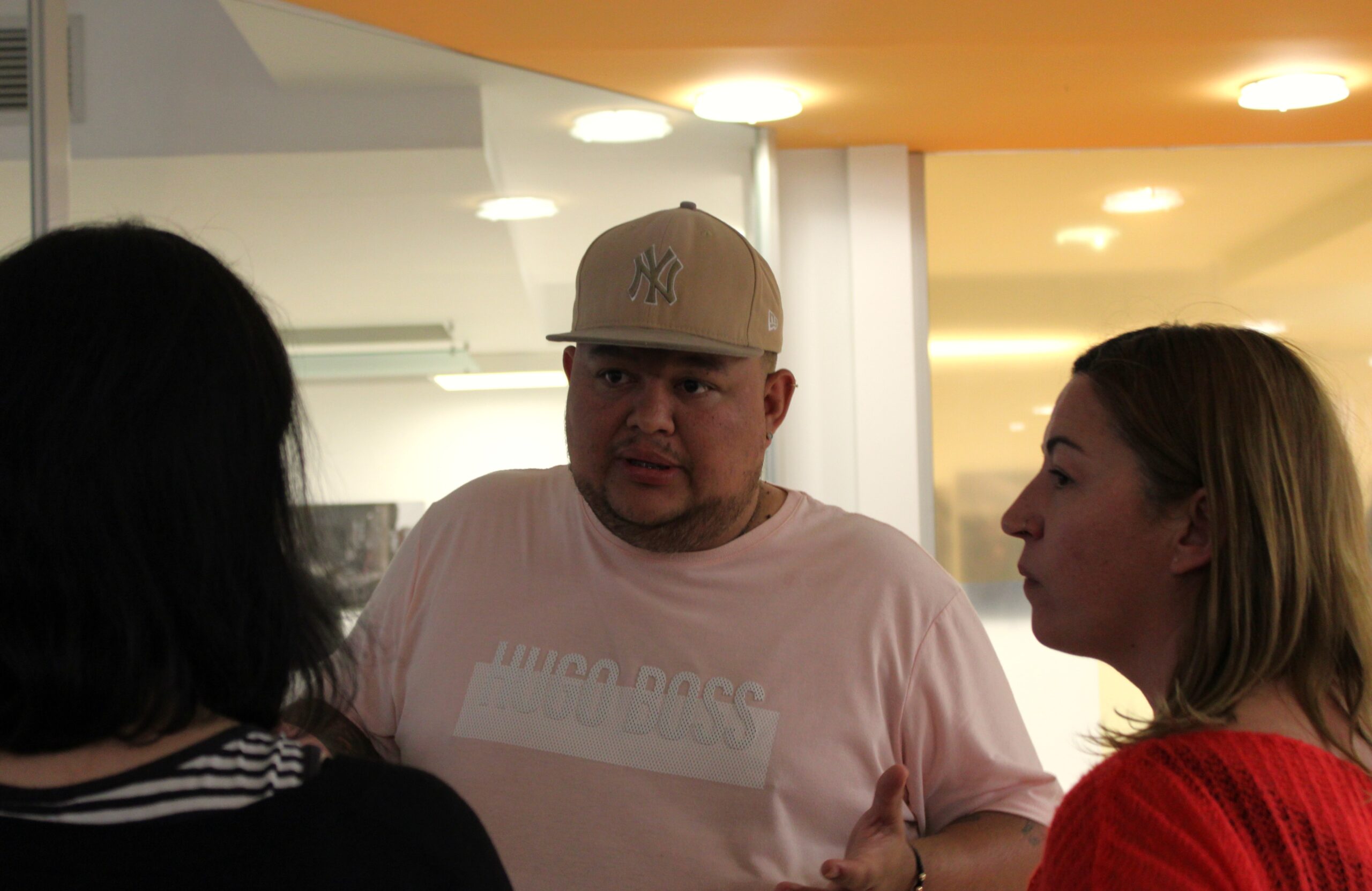
Peacebuilding in Colombia
When Jeihhco landed in Catalonia in 2016 to participate in the “Cities Defending Human Rights” programme, a few months had passed since the signing of the Peace Agreements in Havana, which sanctioned the demobilization and delivery of weapons by the Revolutionary Armed Forces of Colombia (FARC). Seven years later, he acknowledges that “eliminating FARC politically and without violence has been an achievement for the country”.
He also values as positive the fact that today the government believes in and is committed to the Agreement, as well as the thousands of people who today nurture peace with projects for the insertion of ex-combatants into civilian and political life, building and strengthening communities. However, he recognises that there continue to be episodes of assassinations of people who signed the Agreement, as well as the return to arms of some ex-combatants involved in the agreements, “a hard blow for peace”, he says.
Regarding citizen participation, Jeihhco believes that civil society is involved and actively participates in the “Total Peace” project promoted by the current government of Gustavo Petro. “Peace is built through culture“, he says, claiming the crucial role of culture in real and lasting transformation, a revolution that does not appeal to weapons or violent struggle, but rather to education and a connection with the community.
However, despite the initiatives and tangible changes that are evident, Colombia continues to be the country with the highest number of murders of human rights defenders in the world, particularly environmental rights defenders. According to the Institute for Development and Peace Studies (INDEPAZ), 189 activists were murdered in the country in 2022. Jeihhco, analysing these data, indicates that the risk faced by social leaders and representatives of peasant and indigenous groups in Colombia derives from the problems linked to the unequal distribution of landin a country that “needs an agrarian reform and adequate protection for social leaders who defend their land”.
